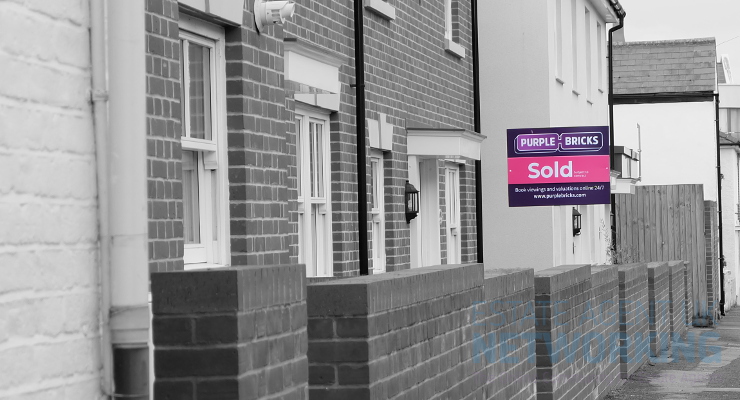BREAKING PROPERTY NEWS – 08/02/2022
Daily bite-sized proptech and property news in partnership with Proptech-X.
With no property to sell, is the housing market in peril?
As both an editor and owner of a publication in the property sector, and with a day job dealing with the digital transformation of real estate by helping founders of property technology companies grow their businesses, I probably talk with twenty estate agencies a week.
Some agents reported that flats, the go-to for first-time buyers or investors, were not being snapped up or indeed coming to market, because of complications surrounding the ongoing cladding and fire safety issues. If this is so, and it is estimated that as much as 10% of leasehold properties may not be mortgageable in their present condition, this will affect the supply chain of stock to be sold.
Many agents said that following the end of the stamp duty holiday, the big rush to buy was over and some properties that had been selling around the £500,000 price tag were now sticking, probably as the £15,000 SDLT was no longer a giveaway, but had to be factored into a buyer’s calculations.

Since late October there has been a murmur that despite 2021 being a bumper year for residential agents in most areas, there was some kind of change taking place.
But by November and December, a seasonal feel had overcome the market and agents said they were losing inventory as some vendors delisted to rest property over the Christmas period. And, of course, we had the pandemic factoring in too, with work from home protocols in force.
Then in January, a slow time traditionally until week three of the month when market appraisals turn into instructions, many agents said that stock was just not coming on at the rate it should. Agents said new listings correctly priced were selling in days but there was just not the usual flow.
Also, in February, many agents said that getting a property to market was extremely difficult. Prices remained buoyant but vendors were hesitant. Agents also said that interest rates from lenders would have a dampening effect.
Yes, lots of people were in fixed rate deals, but many only for two years, which means that if the BoE base rate was 0.1% when they first got a fixed-rate mortgage and if the rate goes to 0.5% or 1.0%, which seems likely by year-end, this means new borrowing would be much more expensive.
Now Katy Billany of 20Ci/20EA, which has advanced datasets around property stock data, has commented that the housing market could be in serious trouble. Data shows that estate agents have less than three months worth of property inventory to sell.
Billany said: “If the current trends continue, could it be conceivable that the whole market starts to grind to a halt as there is nothing left to sell? This then has a knock-on effect for agents, conveyancers, surveyors and so many others.”
For my money, and I have been saying this since mid-2021, we may be meeting the same market conditions following the heated market of 1988. Everyone who was going to move, moved in that year to take advantage of MIRAS for two, which the Chancellor said would be phased out in September of that year.
Then there was a period of little new inventory coming on, for years, apart from the movers in the hatched, matched and despatched verticals. And interest rates rose upwards, touching 15%. Sounds familiar, every market goes boom to bust, and Rishi Sunak, like all Chancellors, plays fast and loose with property taxation at his peril. Now BoE interest rates have gone from 0.1% to 0.5% in a matter of weeks with talk of two more rises before year-end.
We now have hyper house inflation, wage inflation, food price and utility inflation, and all this will change the housing market, especially as one in two properties were bought last year by first time buyers, 406,000 of them.
If they sit and wait, or just cannot afford the deposits, the market will falter as they are the genesis of many chain transactions.









